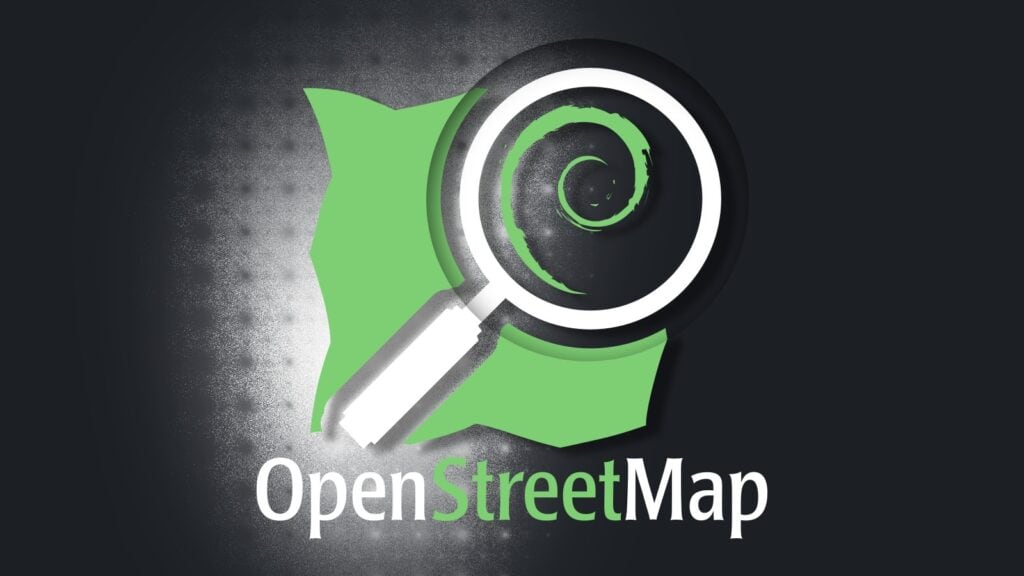After 18 years of relying on Ubuntu, OpenStreetMap announced a major shift: their servers now run on Debian 12 (Bookworm). This migration is not just about changing a Linux distribution but a strategic move to improve performance, stability, and community collaboration.
The upgrade also significantly boosts Ruby’s performance, as OSM’s servers are now powered by Ruby 3.1, promising faster and more efficient mapping adventures for users worldwide.
We are still in the process of fully migrating between Linux distributions, but we can share that we recently moved our frontend servers to Debian 12 (from Ubuntu 22.04) which bumped the Ruby version from 3.0 to 3.1 which allowed us to also upgrade the version of Ruby on Rails that we use for www.openstreetmap.org.
For those unfamiliar with the project, OpenStreetMap is a free map of the world that anyone can use to help improve. It’s created by people worldwide who add and update information about roads, parks, buildings, and more. Think of it as the Wikipedia of maps.
Unlike proprietary Google Maps or Apple Maps, OSM is open-source and free for everyone. Businesses, developers, and individuals can use it for anything, like making apps, planning routes, or creating custom maps. Now, back to the topic.
Grant Slater, the Senior Site Reliability Engineer for the OpenStreetMap Foundation, shared insights into why this transition was made. According to Slater, the decision to migrate to Debian was influenced by the strong overlap between the OpenStreetMap and Debian communities.
Many OSM mappers are also Debian enthusiasts, making this a natural fit. Slater also praised the Debian maintainers for their exceptional work in keeping packages up-to-date, specifically mentioning “osm2pgsql” and “osmium-tool,” key tools in the OSM toolkit.
There is a large overlap between OpenStreetMap mappers and the Debian community. Debian also has excellent coverage of OpenStreetMap tools and utilities, which helped with the decision to switch to Debian.
Another important factor driving the switch was a series of severe I/O performance issues encountered with certain kernel versions on systems using NVMe storage. To resolve these, OpenStreetMap needed to switch to newer mainline kernels, naturally leading them toward Debian. On Debian 12, simply installing the backport kernel resolved these issues.
The shift from Ubuntu to Debian also brought changes in how OSM manages networking on its servers. The team moved away from Netplan—a tool default in Ubuntu—and adopted systemd-networkd to manage network interfaces, allowing for a consistent approach across both Ubuntu and Debian systems.
Over the years, OSM has standardized its networking setup to use 802.3ad bonded interfaces for redundancy and VLANs for traffic segmentation—a configuration that, according to Slater, works well with systemd-networkd.
For more information and the full interview with Grant Slater, visit the announcement on the Debian blog.

Why 18 years? OSM is 20 y.o. what about 2 years?